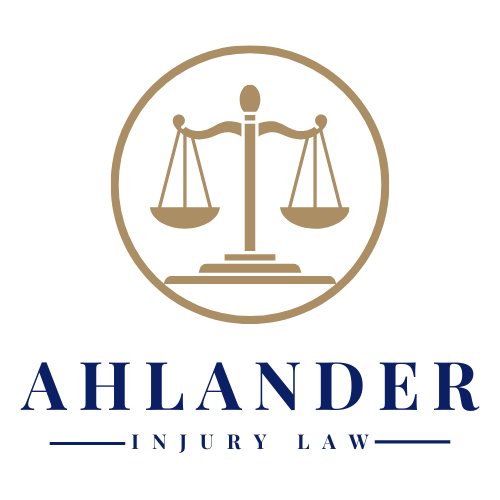Guide to Personal Injury Compensation
The aftermath of a personal injury can be a stressful and confusing period. Legal action might be the last thing on your mind, but it’s important to understand your rights and what compensation you may be entitled to. Compensation in personal injury cases can be categorized into different types, each with its own set of rules and considerations. Understanding these categories can better prepare you for the complex legal landscape ahead, ultimately helping you secure a fair settlement or court verdict.
Direct Financial Losses
The most straightforward category of compensation is for direct financial losses incurred due to the injury. These are generally simple to calculate and document. For example, medical expenses incurred for immediate and future treatment can be itemized and claimed. If you’ve had to miss work, lost income can also be factored into this category. Additionally, any property damage related to the incident, such as a damaged vehicle in a car accident, can be included here.
Emotional and Psychological Impact
It’s often harder to place a monetary value on emotional and psychological damages, but these are equally real consequences of personal injury. Compensation for emotional distress, anxiety, or loss of life enjoyment may be awarded based on the testimony of mental health professionals and the evident impact on the victim’s day-to-day life. This category also includes what’s known as “loss of consortium,” which refers to the detrimental effects an injury can have on your relationships with your spouse or family members.
Pain and Suffering
Pain and suffering encompass both physical discomfort and emotional trauma caused by the injury. While documenting physical pain may involve medical records, capturing the full spectrum of emotional suffering is more complicated. The length and severity of suffering, as well as its impact on lifestyle and mental health, are all considerations for calculating compensation in this category.
Long-Term Consequences and Future Losses
An often overlooked aspect of personal injury claims is the potential for future losses. For example, the injury might have a long-lasting impact on your ability to earn income, requiring you to change careers or work reduced hours. These long-term consequences can and should be considered when claiming compensation.
Punitive Damages
While most forms of compensation are designed to make the victim whole, punitive damages aim to punish the defendant for egregious behavior. These are only awarded in exceptional cases where the defendant acted with malicious intent or extreme negligence. Punitive damages can substantially increase the total amount of compensation but are subject to statutory limits in some jurisdictions.
Legal Aid and Advice
As you traverse the maze of personal injury law, it’s essential to have professional guidance. From gathering evidence to valuing different types of damages, legal advisors can offer invaluable support. Attorneys are especially useful in situations where the defendant’s liability is disputed or when you’re unfamiliar with the procedural nuances of the legal system.
Navigating the complex realm of personal injury compensation can be daunting, but a clear understanding of the various categories of damages can make a significant difference. Each category serves a unique purpose and requires its own set of evidentiary support. Thorough preparation and professional legal advice can not only help you gain a more realistic view of your case’s worth but also empower you to negotiate or litigate more effectively for a just outcome.
If you’re dealing with the aftermath of a personal injury and seeking fair compensation, our team of legal experts is here to guide you every step of the way. Contact us today to ensure you’re fully aware of your rights and potential avenues for compensation .
The post A Comprehensive Guide to Personal Injury Compensation appeared first on Ahlander Injury Law.





